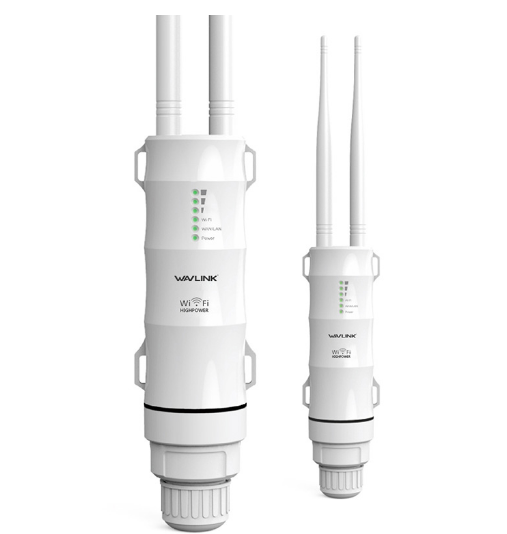When you're dealing with network equipment such as modems and routers, knowing the correct sequence for turning devices on and off can help maintain their optimum performance and prolong their life span. There's an ongoing debate among technologists and network enthusiasts: should you turn off the modem or router first? Let's delve deeper into the matter.
Firstly, it is important to understand the distinct roles of these two devices. The modem is your gateway to the internet, converting signals from your Internet Service Provider (ISP) into a form that your devices can use. On the other hand, the router distributes this internet connection to multiple devices in your network, typically through Ethernet cables or Wi-Fi signals.
The sequence of powering off your network equipment does not usually impact your devices' functionality or your network setup. However, from a best practices standpoint, it's generally recommended to power down the device at the end of the signal chain first, which in this case, would be the router. This process ensures that all devices connected to the router have their internet connections terminated properly before the internet source itself (the modem) is shut down.
After powering off the router, you can then proceed to turn off the modem. This sequence is particularly useful when you're troubleshooting network issues or when your internet connection needs to be reset.

When powering the devices back on, the order should be reversed. You should turn on the modem first and wait for it to establish a connection with your ISP. Once the modem indicates a successful connection (usually through a steady light), you can then power on your router. Wavlink Wifi Extender.This allows the router to properly establish its connection to the internet through the modem before it attempts to distribute this connection to your other devices.
It's important to note, though, that the frequency of power cycling your modem and router should be kept to a minimum. Repeatedly turning them off and on can potentially lead to hardware stress. It's also not necessary to turn off your modem or router when not in use, except during long periods of absence, power surges, or when troubleshooting network issues.
In conclusion, while turning off the router before the modem may not be a hard and fast rule, it follows the logical sequence of ending the signal distribution before the signal source. Following these steps can contribute to a more stable and efficient network, ensuring a smooth internet experience.